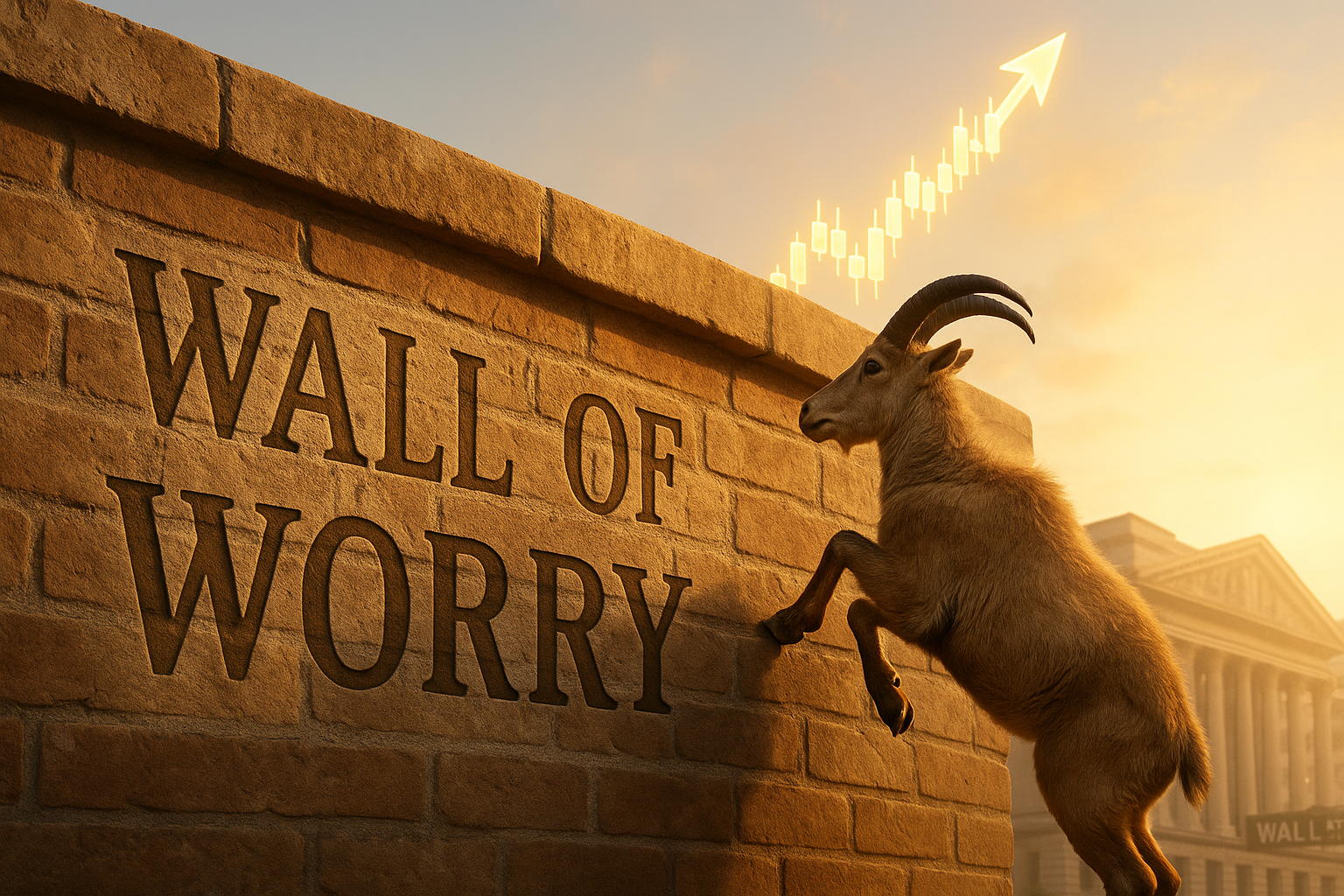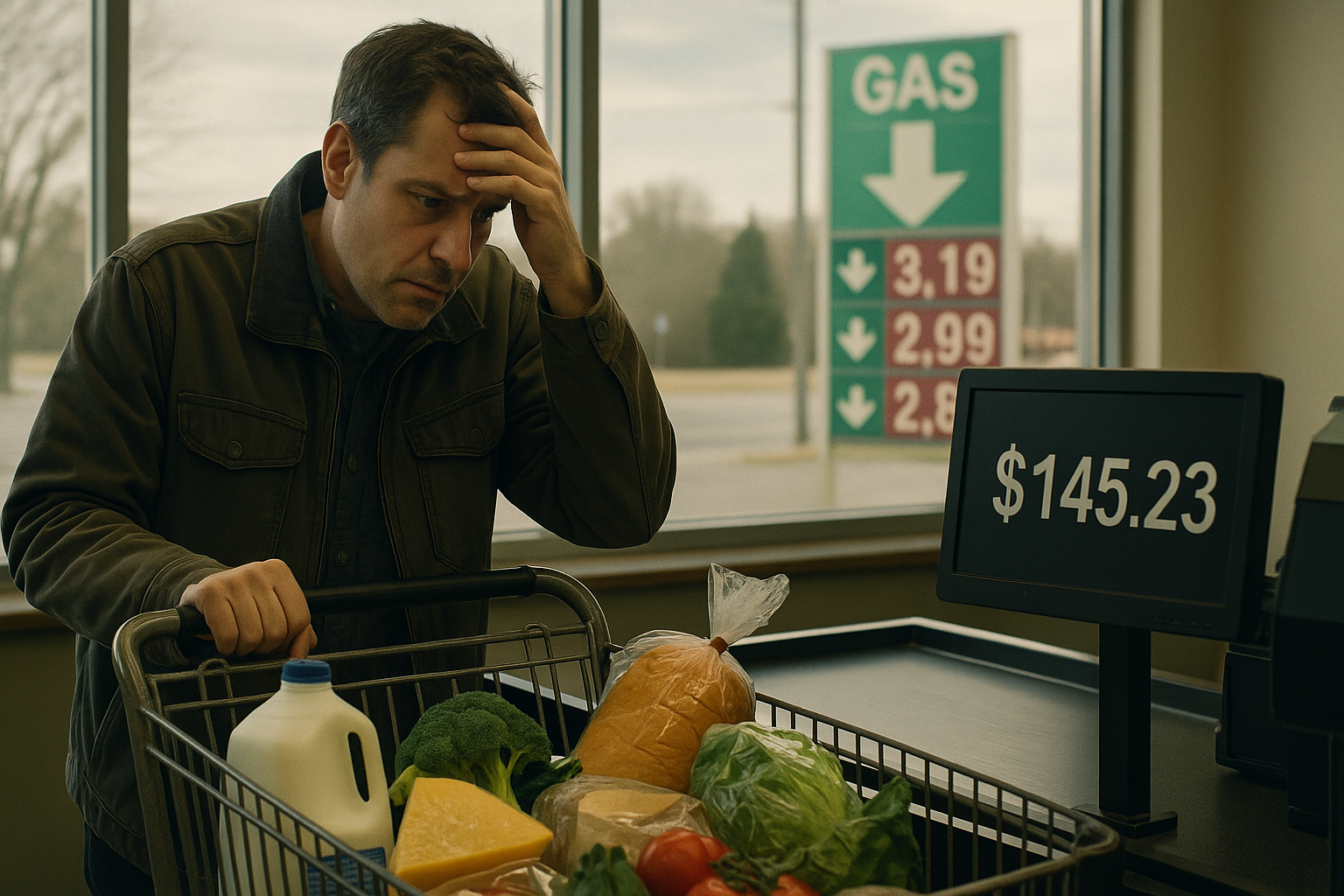Wall Street's doomsday prophets have a problem: the American economy refuses to cooperate with their apocalyptic predictions.
Despite the fastest rate hikes in modern history and enough geopolitical tension to fuel a decade of spy novels, the U.S. market keeps climbing with the stubborn determination of... well, America itself. It's not so much an unstoppable force as a market that simply hasn't gotten the memo that it's supposed to stop.
I've been covering financial markets since before Twitter turned everyone into an economic forecaster, and I can tell you one thing with certainty—nothing makes seasoned investors more nervous than when things are actually going well. It's almost pathological.
"The recession predictions?" A veteran trader told me last week over coffee (black, no sugar, like his outlook used to be). "We've been wrong for so long it's getting embarrassing to keep predicting doom."
Look, the data keeps confounding the pessimists. Employment remains surprisingly robust. Inflation has been cooling without the dreaded hard landing. Corporate earnings reports haven't featured the profit carnage many expected.
And so the market grinds higher.
The resilience is particularly striking when you consider what we've been through. Rate hikes that would've flattened previous bull markets. Banking wobbles that briefly seemed like 2008's opening act. International conflicts that traditionally send investors scurrying for safe havens.
None of it stuck.
(Perhaps the most telling indicator: the persistent bearishness of average market participants—a contrarian signal that has historically been quite reliable.)
What's really happening here? It's partly the gap between narrative and reality. When everyone convinced themselves a recession was inevitable, they positioned defensively. When that recession failed to materialize... well, suddenly sitting on cash while watching your neighbor's portfolio appreciate becomes psychologically unbearable.
It's like a reverse Wile E. Coyote scenario. The market has run off the cliff but refuses to look down—and somehow, against all cartoon physics, remains suspended in midair.
This isn't to say everything's rosy. God knows it isn't. Wealth inequality remains stark. Housing affordability? Abysmal. Many Americans are genuinely struggling despite the market's cheerful indifference to their plight.
But the economy's stubborn refusal to collapse deserves acknowledgment.
Can a recession still happen? Sure.
Will it? I have no idea. Neither does anyone else, despite the conviction with which predictions get tossed around on financial news networks and social media.
Having covered three recessions during my career, I've learned that economic forecasting is humbling work. The economy isn't a mechanical clock—it's a complex adaptive system influenced by psychology, policy, technology, and countless unpredictable variables.
The most amusing part? Those who predicted market doom in April and May missed one of the more profitable buying opportunities in recent memory. Contrarians who zigged while the crowd zagged are dining well tonight. Perhaps not on A5 wagyu—tempting the market gods with excessive celebration seems unwise—but dining well nonetheless.
Wall Street has an old saying: bull markets climb a wall of worry. Right now, that wall looks tall enough to give a mountain goat vertigo.
Maybe that's exactly why this market keeps climbing.




